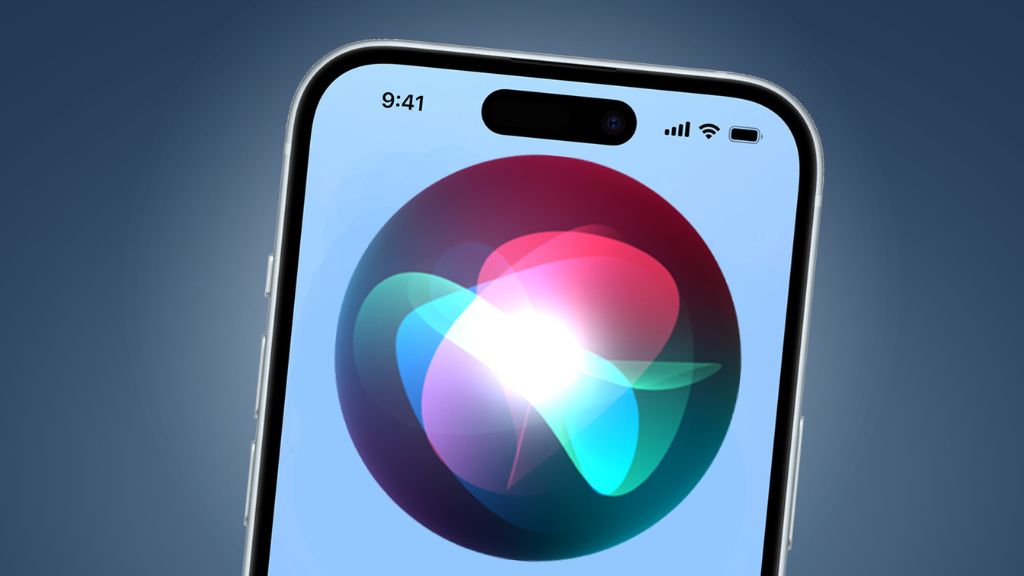
In a bold move to reclaim its edge in the AI landscape, Apple is working on a more conversational and intuitive version of Siri. The tech giant’s voice assistant is being reimagined to rival popular generative AI tools like ChatGPT, Google Bard, and Amazon Alexa, as Apple aims to position Siri as a key player in the rapidly evolving AI market.
Siri’s Evolution: From Commands to Conversations
Since its launch in 2011, Siri has been a pioneer in voice-activated AI. However, its reliance on pre-programmed commands has led to criticism, especially as competitors introduced more dynamic, conversational AI systems. Apple’s latest efforts focus on transforming Siri into a smarter assistant capable of understanding complex queries, generating detailed responses, and holding fluid conversations with users.
What’s New in the ‘Smarter’ Siri?
Apple is reportedly leveraging its advanced machine learning and natural language processing technologies to enhance Siri’s capabilities. Here’s what to expect:
- Contextual Understanding: Siri will be able to maintain context over multiple exchanges, making conversations feel more natural.
- Generative Responses: Similar to ChatGPT, Siri will craft detailed and coherent answers rather than relying solely on pre-set phrases.
- Proactive Suggestions: Siri will anticipate user needs, offering helpful suggestions based on past interactions, preferences, and usage patterns.
- Improved Multitasking: The updated Siri will handle complex tasks like composing emails, summarizing articles, or generating creative content on demand.
Why Now?
The rise of generative AI has reshaped user expectations. Tools like OpenAI’s ChatGPT and Google’s Bard have showcased the potential of conversational AI, leaving traditional voice assistants like Siri struggling to keep pace. With Apple’s renewed focus, the company aims to make Siri more relevant in an era where AI-powered assistants are expected to do much more than set alarms and provide weather updates.
Challenges Ahead
Despite its ambitious plans, Apple faces challenges in revitalizing Siri:
- Data Privacy: Apple’s strong stance on user privacy means it may need to find innovative ways to train Siri’s AI without compromising user data.
- Integration: Siri is deeply integrated into Apple’s ecosystem. Ensuring seamless functionality across devices while introducing advanced AI features could be complex.
- Competition: Rivals like Google and Amazon have a head start, and catching up will require significant investment and innovation.
Siri and the Future of Apple’s Ecosystem
A more conversational Siri is expected to play a pivotal role in Apple’s ecosystem. By integrating advanced AI into Siri, Apple could revolutionize how users interact with devices like iPhones, iPads, Macs, and even the Apple Vision Pro headset.
For instance, users might ask Siri to generate immersive AR experiences, manage smart home setups, or even assist in learning new skills. This integration could deepen user loyalty and ensure Apple’s dominance in the tech space.
Apple’s Commitment to AI Innovation
Apple’s move to revamp Siri aligns with its broader commitment to AI innovation. CEO Tim Cook has hinted at the company’s interest in leveraging AI to enhance user experiences, and Siri’s transformation is just one of many developments expected in this direction.
Conclusion
With a more conversational and capable Siri, Apple is signaling its intent to not just keep up but potentially lead in the AI space. As users eagerly await the revamped Siri, Apple’s efforts could redefine what we expect from voice assistants in the age of generative AI.
Stay tuned as Apple continues to unveil its AI-powered future, proving that it’s never too late to lead the conversation.






